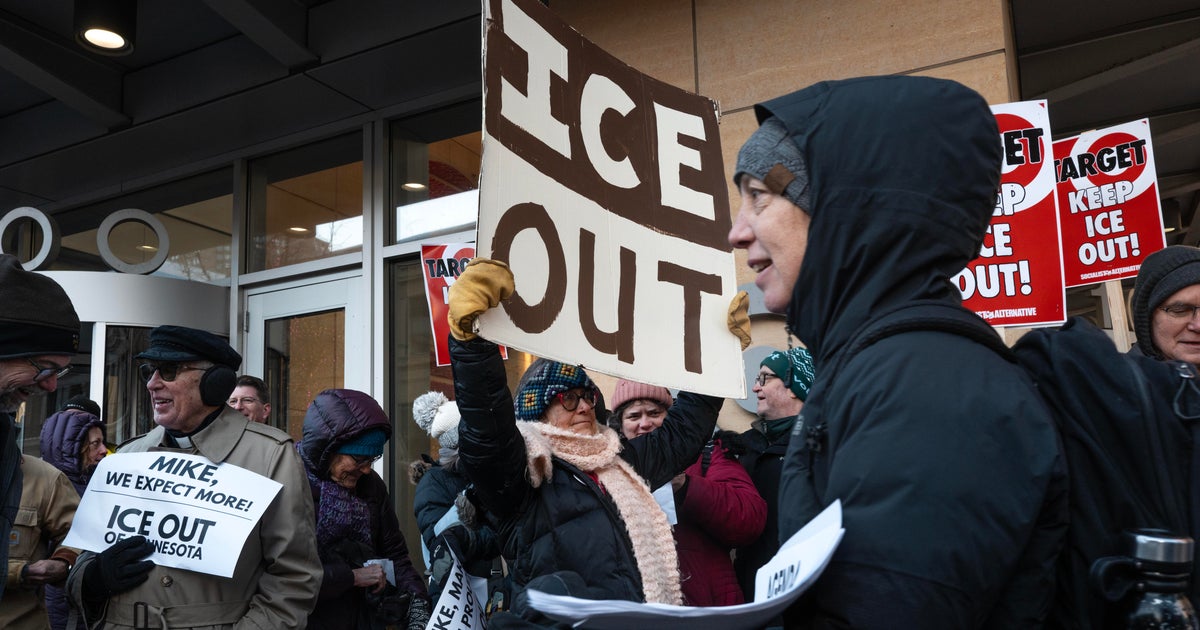Trump's challenges in 2018
President Trump might have ticked many of his promises off of his first-year agenda, but 2018 will likely prove to be a much more difficult political landscape to navigate as the midterm elections approach.
Mr. Trump celebrated the massive tax overhaul package that Republicans pushed through Congress last week. His travel ban is now in effect after a green light from the Supreme Court. And the president spent his first year reversing numerous Obama-era policies.
Next year, however, even with a unified GOP government, it won't necessarily be a walk in the park. Lawmakers will largely be focused on their re-election efforts, which will make passing certain legislation even trickier.
The president faces a number of legislative challenges next year and could potentially face more revelations that come out of the federal investigation into Russian meddling in the 2016 election, led by Special Counsel Robert Mueller, or the congressional probes.
2018 midterm elections
Midterm election years are almost always tough for the sitting president. Mr. Trump won't want to do too much to rock the boat for Republicans as they defend their majorities in both chambers. At the same time, the president will likely push certain issues that might play well with conservatives and rally the Republican base.
Government spending
Because Congress punted on passing new government funding several times this fall, lawmakers will have to revisit the issue in January. Lawmakers still haven't struck a deal to lift spending ceilings put in place by the 2011 Budget Control Act. Such an agreement will be key to the government-wide spending package that would fund the government through the rest of the fiscal year, which ends Sept. 30. These issues will be difficult for Mr. Trump to navigate as Democrats have considerable leverage in these negotiations.
Low approval rating
President Trump has one of the lowest approval ratings of his presidency, standing at 35 percent, according to Gallup, and has been battling a fairly low approval rating for months. This may not bode well for Republicans come November, and especially for the president as he continues to carry out his agenda.
Russia probe
Toward the end of 2017, Mueller's investigation into Russian interference in the 2016 election was just heating up. Mr. Trump's former national security adviser, Michael Flynn, pleaded guilty to one count of lying to the FBI. The president's former 2016 campaign chairman Paul Manafort and Rick Gates, Manafort's former business associate, were indicted by a federal grand jury in the investigation into Russian meddling in the U.S. election in October. And another Trump campaign aide, George Papadopoulos, pleaded guilty to making false statements to the FBI.
There has long been speculation that the president would try to get rid of Mueller, who was appointed by Deputy Attorney General Rod Rosenstein after Mr. Trump fired James Comey as FBI director. Rosenstein, however, would be responsible for firing Mueller and he recently said that he has seen no "good cause" to terminate him.
Immigration
Congress has not approved funding for the president's proposed border wall with Mexico, making immigration a particularly hard issue to deal with next year. On one hand, Mr. Trump will want to project that he is taking a hard line on illegal immigrants and is carrying out his promises. On the other hand, Republicans would likely have to swallow a government shutdown if they want to attempt to get funding approved. A government shutdown under Republican control in an election year would likely give their party a black mark.
Health care
Congress eliminated Obamacare's individual mandate in the GOP tax measure, but lawmakers didn't tear down the law altogether. In an interview with NPR last week, Senate Majority Leader Mitch McConnell suggested that any efforts to continue repeal of the law would be dead on arrival in the Senate.
"Well, we obviously were unable to completely repeal and replace with a 52-48 Senate," McConnell said. "We'll have to take a look at what that looks like with a 51-49 Senate. But I think we'll probably move on to other issues," he said.
Sexual harassment
Washington has been plagued by several cases involving elected officials and alleged sexual harassment. Rep. John Conyers, D-Michigan, and Rep. Trent Franks, R-Arizona, resigned from Congress earlier this month, Sen. Al Franken, D-Minnesota, has announced he'll resign in early January and then there has been Reps. Blake Farenthold, R-Texas, who plans to retire next year. A number of Democrats have either called on the president to resign as a result of sexual misconduct allegations against him or for Congress to investigate them. Those calls may grow louder next year.
Debt ceiling
The debt ceiling suspension expired this month and the Treasury Department can use its so-called "extraordinary measures" for a few more months until Congress will have to raise the debt limit again. Outside groups suspect that the deadline will be sometime early next spring, which could also headaches for the administration.
Entitlement reform
While Speaker Paul Ryan, R-Wisconsin, is adamant about tackling entitlement programs next year, Senate Majority Leader Mitch McConnell, R-Kentucky, doesn't seem too enthusiastic about making that a priority. McConnell said at his year-end press conference Friday that his only observation about entitlement reform is "the only time we've been able to do that has been on a bipartisan basis and it was a long time ago" under President Reagan and Speaker Tip O'Neill.
"The sensitivity of entitlements is such that you almost have to have a bipartisan agreement in order to achieve a result," he said.



